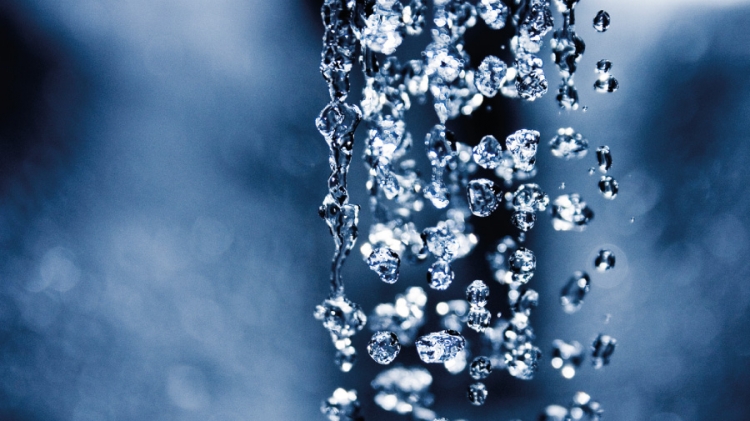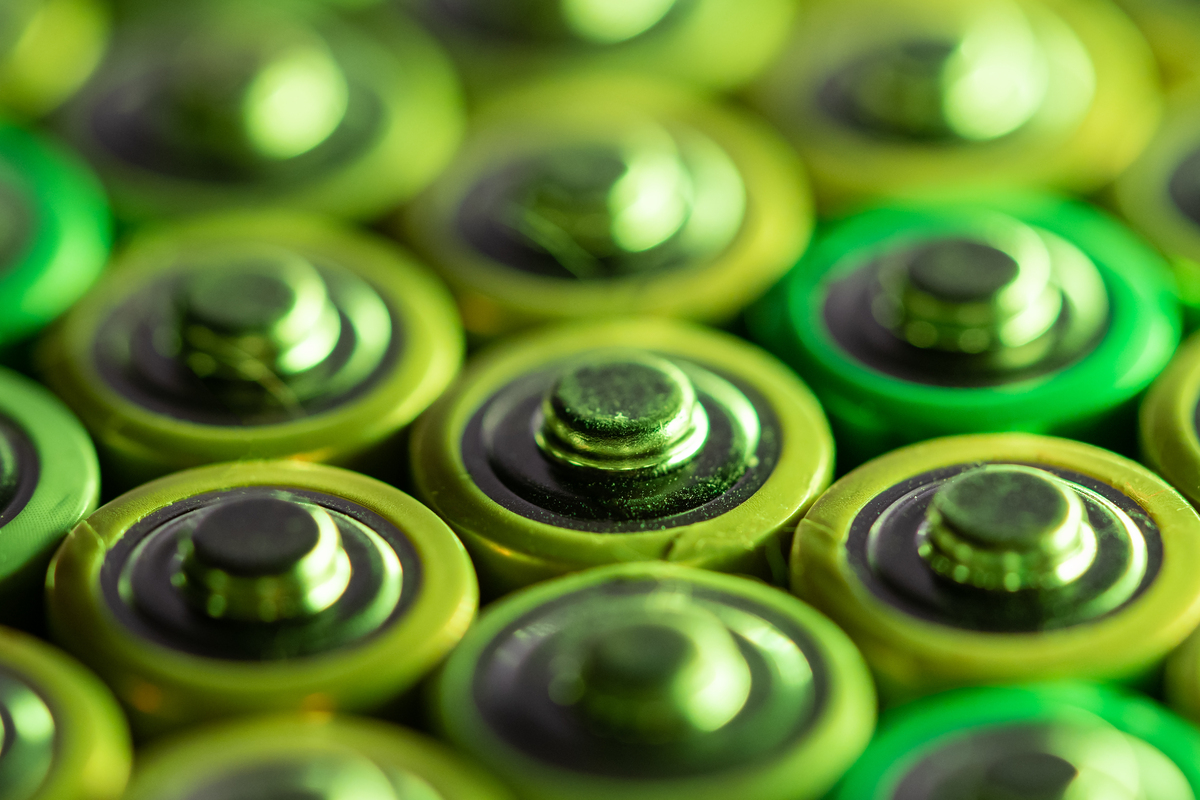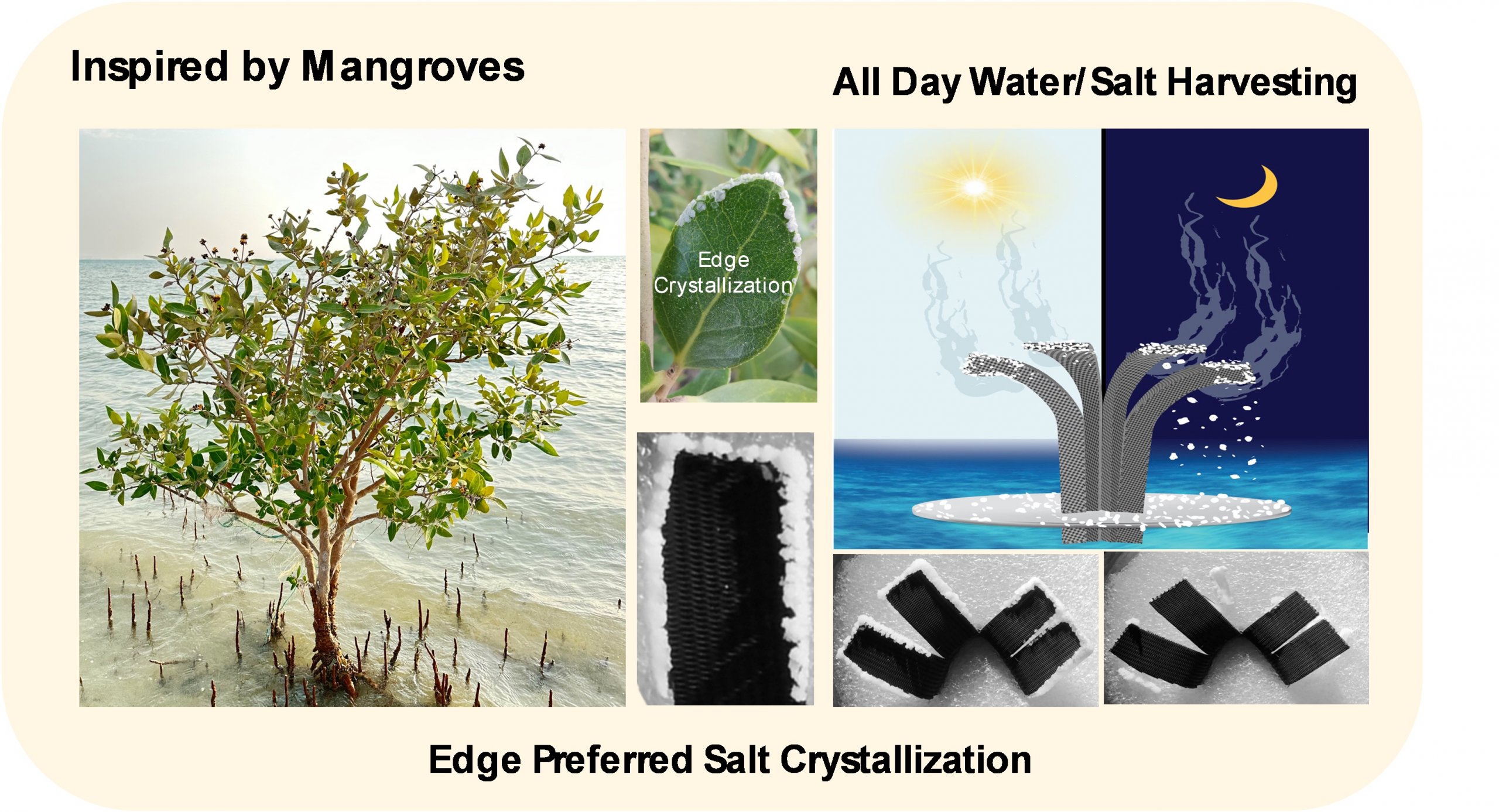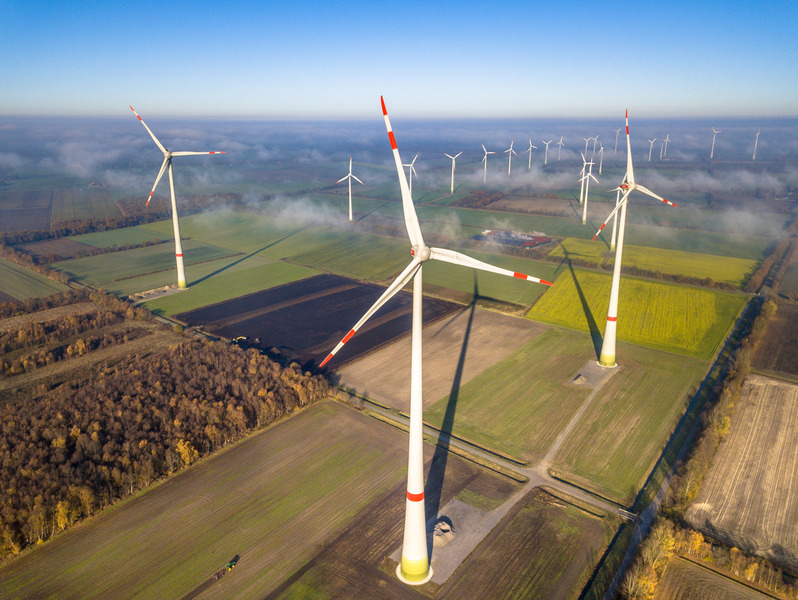
Never has water been a more critical resource for the UAE than it is today, as the country’s population and growth swell further.
The announcement last week that Abu Dhabi would host an annual International Water Summit further testifies to this fact.
Sheikh Mohammed bin Zayed, the Crown Prince of Abu Dhabi and Deputy Supreme Commander of the Armed Forces, even said recently that “water is more important than oil in the United Arab Emirates”.
The UAE is among the world’s most water-scarce nations, while being among the highest per capita water consumers in the world.
Abu Dhabi’s consumption of water resources is 24 times greater than its natural recharge capacity.
To bridge the gap, the UAE has long relied on desalination – for about 90 per cent of its water, according to estimates. But this comes with a very high energy cost, which is tricky when the UAE is trying to cut carbon emissions.
It’s time for the UAE to reduce the environmental footprint of its water treatment sector, which we hope to do in part through the establishment of a new Centre of Excellence for Water Technologies, being launched by the Masdar Institute of Science and Technology. Work on the facility begins next month.
When it opens, the centre should be the UAE and the Gulf region’s first international-quality provider of localised solutions to water technology needs.
It will bring some of the best minds in chemical, mechanical and environmental engineering to bear on the need for cost-effective, reliable and energy-efficient technologies to keep the UAE’s society and economy as verdant as its oases.
It will work with the Masdar Institute’s other departments to further research in water, environment and health, focusing on addressing the challenges behind ensuring sufficient, cost-effective and equitable access to water, while maintaining the integrity of natural water supplies and minimising their environmental impact.
One area we will focus on is membrane technologies, a newer way of removing salt and impurities from seawater. It is estimated to use about 90 per cent less energy than standard thermal desalination plants.
We will look to create membranes more suited to the region’s water treatment needs with even greater energy savings. The centre also aims to help reuse the UAE’s water waste, reducing the need to create desalinated water from the Gulf and thus saving on carbon emissions.
Waste water has particular potential for use in agriculture and industry, which can account for nearly 90 per cent of a country’s water use.
The centre’s research will focus on meeting local needs, while giving the country’s young people an opportunity to experience solution-oriented water technology engineering.
It should allow us to help the UAE reach the levels of energy efficiency, water savings and water security that are needed to ensure an even brighter future. As I always like to say: “Whoever has the water has the future!”
Dr. Nidal Hilal will join the Masdar Institute as a professor and will establish a Centre of Excellence for Water Technologies






